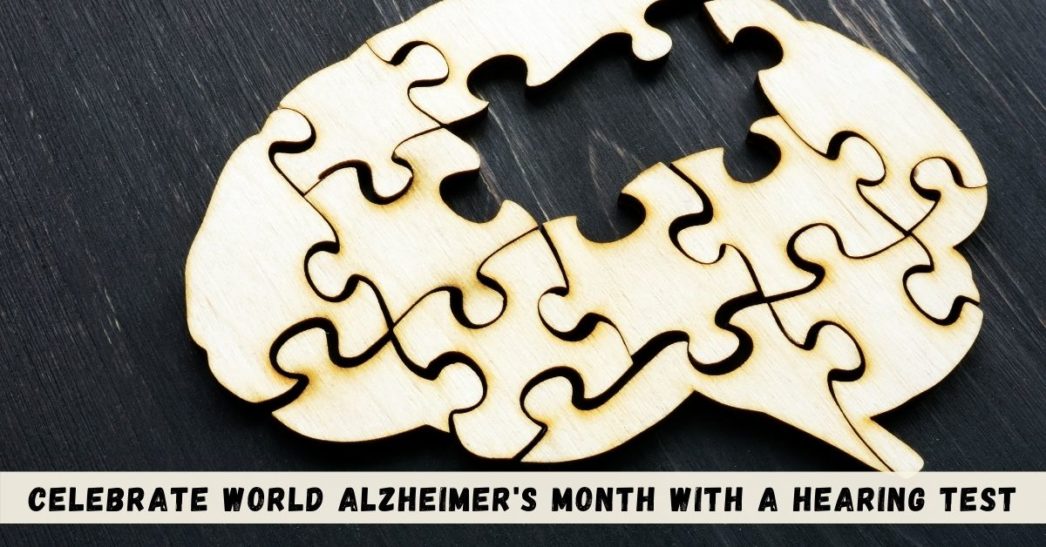Dementia can affect all aspects of a person’s life, including their loved ones. Alzheimer’s disease comprises 90% of all dementia cases and can affect memory, concentration, and ability to carry out even simple tasks.
While this can be devastating for you and your family, it is important to remember to stay positive and focus on the things you love for as long as you can. This September marks World Alzheimer’s Month, organized by Alzheimer’s Disease International to raise awareness, educate and fight the stigma of this disease.
Currently affecting 5.8 million people world wide, Alzheimer’s is expected to increase to 14 million in the next 30 years. The more we understand this condition, the more we can do to know how best to treat and delay or prevent this condition.
The Importance of Early Detection
With the right help and support when you need it, many people can, and do, live well with dementia for years. An earlier diagnosis empowers you to participate in your own legal, financial, and long-term care planning and to make your wishes known to family members.
There are medications available that slow and modifications to your lifestyle, which can help slow the progression of the disease. If you are having more trouble than normal remembering things, having difficulty concentrating, struggling to follow conversation or feeling susceptible to mood swings it is a good idea to get a screen for the onset of Alzheimer’s immediately.
The earlier you can diagnose your symptoms the higher quality of life you can experience, causing less stress for family care partners, and more time to cherish the present.
Age Related Hearing Loss and Alzheimer’s Disease
About 8% of seniors over 65 have Alzheimer’s and this number double by every five years after that. Similarly age related hearing loss affects one in three people over the age of 65 and half of all seniors over 75. Hearing loss makes it hard to follow conversation and can create irritability, depression and confusion. Many symptoms of hearing loss are often confused or combined with symptoms of dementia. Not only does hearing loss increase your risk of dementia but also it makes negative side effects of early dementia much worse, often speeding up the process.
The Connection Between Hearing Loss and Dementia
There has been extensive research identifying why untreated hearing loss could be a major risk factor for hearing loss. One theory centers on lack of stimulation in the brain. We hear with our brains and our ears are actually the mechanism which delivers sound. When our ears become damaged, due to exposure to excessive sound, head trauma or old age certain tones and pitches degrade first.
Our brain struggles to fill in gaps in conversation causing exhaustion and brain fatigue. It is all too common for people to withdraw and avoid social situations, which is another risk factor for Alzheimer’s. When we self-isolate our brains often are challenged less. The lack of stimulation can actually cause your brain to atrophy and shrink. An important study from Johns Hopkins University found that mild hearing loss doubled the risk of developing dementia, moderate hearing loss tripled the risk and severe hearing loss increased the risk five-fold.
How Hearing Aids Can Help You Fight Alzheimer’s
While there is no cure for most hearing loss hearing aids can help. Hearing aids amplify the sounds, tones and pitches you may have been missing for years, enabling you to participate in conversation again and navigate the world more confidently. This can help you stay more physically active and social.
However, among adults 70 years and older who could benefit from hearing aids, less than 30 percent has ever used them. On average people wait seven to ten years before ever investing in hearing aids and in that time dementia can develop quickly.
Hearing aids can help keep you alert and connected to the world, slowing down the disease. Join the fight against Alzheimer’s disease this month – and beyond! Contact us for a hearing test. We can help you find the best hearing aids for you and your lifestyle, keeping you active and alert for years to come.


